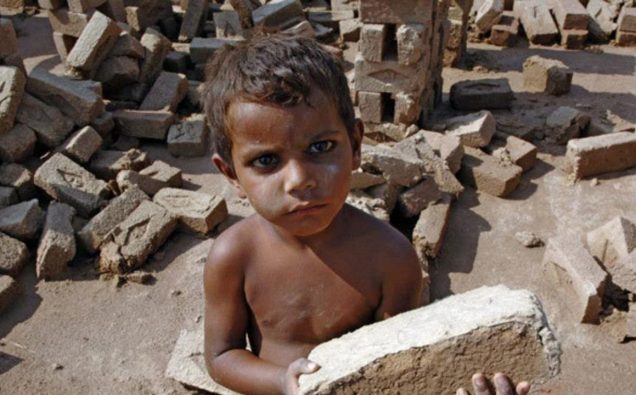
So, what has forced Pakistan to come up with a bleak budget for the new year?
Is it the dismal growth at just over three percent of GDP, the fulfilment of IMF bailout conditions or sloganeering of the Imran Khan government without much organized focus on addressing the dire economic situation?
All of these factors could be behind the crisis budget.
But there is one factor that ties down the budget makers more than anything else.
That is the debt payment. As much as Rs359.764 billion will go to foreign debt servicing including interest payments. Anothere Rs1.095 trillion will go to repayments of principal amounts of foreign loans,. Yet another big amount of Rs2.532 trillion will go to domestic debt servicing during year.
The combine debt repayments will mean an expenditure of 56.65 percent of the budgeted outlay of Rs7.036 trillion.
Although, Pakistan is keeping the defense spending on the same level it is also a big drain on the economy.
So, what is going to happen in the immediate context.
Education, the key to development, is a big victim of this contraction.
The federal education expense will be Rs 77.262 billion against an allocation of Rs 97.155 billion for the ongoing yea, showing a decrease of around 20.5 percent.
Pakistan’s public expenditure on education is already estimated to be just 2.4 percent of the GDP, the lowest in the region. The higher education will get Rs 28.64 billion for 2019-20 against Rs 35.830 billion last year.
What is the way out of this quagmire?
Not all is doom and gloom for the South Asian country of over 200 million people that promises to be at the heart of inter-regional commerce through a network of connections linking China, the Gulf, Iran, Afghanistan and Central Asia.
While debt repayment must go on, the options for government to set the economy right should proceed with two basic steps.
First, Islamabad must expand its tax base.
Secondly, it must promote exports and attract investments.
Thirdly, Pakistan’s Arab allies and China are ready to assist Imran Khan as evidenced by their support in the form of loans and deferred payment plans.
The taxes proposed by the government will be a hard pill to swallow for the working class and small businesses. The government must not go for increasing taxes but expanding the tax base.
As for trade, Pakistan must prioritize its exports. In addition to facilitating foreign remittances, Pakistan will have to go for a huge export drive targeting markets in the Gulf, China and the United States.
Recent trends like a record trade volume with the United States and the ongoing China Pakistan Economic Corridor should show the way forward. Islamabad should also try to expand exports to neighbors Afghanistan and India.
For all this to happen, Prime Minister Imran Khan will have to have a team of financial experts and economists which meets him every month with updates. This economic rejuvenation drive should also have the support of elected opposition members of the Parliament.
The question of economic revival is also inextricably linked with the current divisive political scene and the future of democracy in Pakistan.
Imran Khan and PPP leader Bilawal Bhutto Zardari have made some good speeches but in recent days they have turned confrontational.
In view of Pakistan’s peculiar political realities and diversity of its population, selective accountability of the past PPP and PML (N) governments on charges of corruption alone will not help. The Khan needs to have a transparent and accountable system of economic governance to deliver on PTI’s high-sounding promise of a New Pakistan.
New political confrontations will also not help as the country needs democratic stability and unity. That does not mean putting an end to accountability but the beginning of a new era with across-the-board accountability of recent military and political governments alike. In the past, both the PPP and the PML (N) indulged in political victimization campaigns and ended up weakening each other – a lesson for PTI.
To be fair to PM Khan, such ideas are not an easy ask due to a variety of reasons – Pakistan army’s influence, geostrategic rivalries, tensions with neighbors India and Afghanistan, and complex dynamics of internal politics in the face of low-intensity insurgency in Balochistan, the PTM activism and Sindhi nationalism.
But the Khan and his PTI can set the tone by moving forward judiciously.
Putting economic house in order is probably the most pressing challenge Pakistan is facing now. The Khan, the military and all political parties have a huge responsibility to help Pakistan move forward as a functioning democracy.

















